I trust everyone is having a great week and back to their normal routine. I apologize for my delays in responding to comments. The holiday season always seems to be hectic……….but fun! Everything is back to normal now and I am back on the ball. Although, I can’t lie to you, my head isn’t thinking about Wild Facts today. I am still thinking about the World Juniors and the potential for a great game tonight between the Canadians and the Americans! I am sorry to all my American readers but GO CANADA!!! All right, I am back on track so who wants to learn some interesting information about the snowshoe hare? Whoa! One at a time please! Well, what are we waiting for? Let’s get to it!
Unlike the majority of our Wild Facts, the snowshoe hare is a pretty common animal that I have had the pleasure of viewing throughout my life. The snowshoe hare gets a jump on life right out of the womb as they are born fully furred with eyes wide open. Believe it or not they are able to walk by the time their fur is dry. I don’t know how long it took me to learn how to walk but I know it wasn’t that quick! The population of snowshoe hares tend to fluctuate with their peaks coming every eight to eleven years. Interestingly enough, the lynx population corresponds with the snowshoe hare cycle, however, they tend to lag behind a bit. This predator-prey relationship has always intrigued me.
What about adaptations? Can you think of any interesting adaptations the snowshoe hare has evolved over time? Of course you can! First there are the large feet which of course act like snowshoes. This helps them stay on top of the snow which gives them a huge edge over their predators. Unfortunately, the lynx has also evolved very large paws so they are able to keep up with the wiley hares. The other famous adaptation is their ability to change colour. That’s right, they are a greyish brown colour in the summer but turn white in the winter. People might think it is the temperature that triggers this change, however, it is actually the changes in day length which impacts their reproductive cycle and the moult. Even more interesting is the fact that in areas such as Southwestern British Columbia, where there is little snow, the snowshoe hare remains brown all year long. This obviously makes sense but it is just a great example of evolution. Finally, the snowshoe hare has large ears which are great for hearing their predators approaching but also very useful in regulating their body temperature. I know some of this information might not be new to all of you but I had to entertain the people from Madagascar and the Galapagos Islands that are getting bored with all the common, regular animals!
Have a great day everyone and make sure you cheer for Team Canada tonight!!!

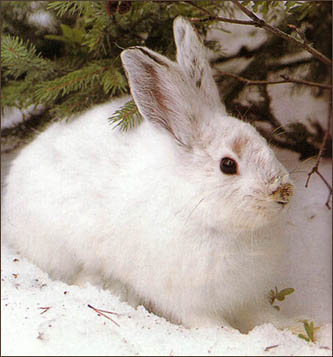
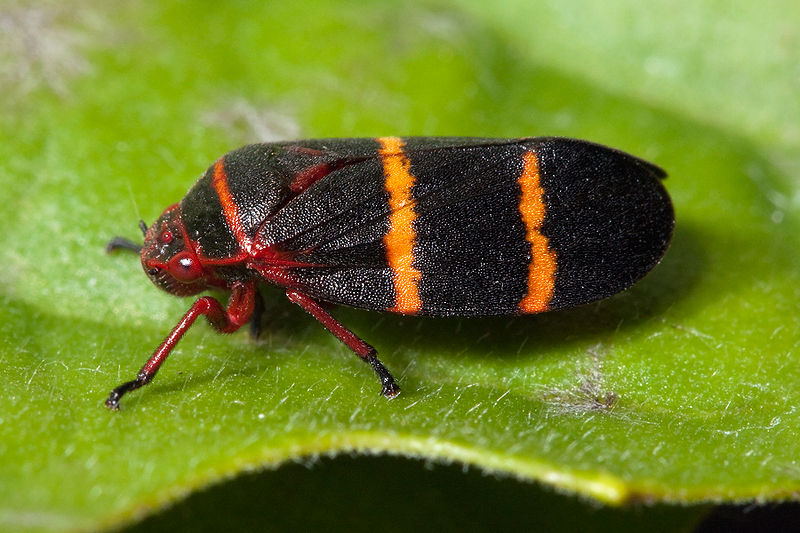
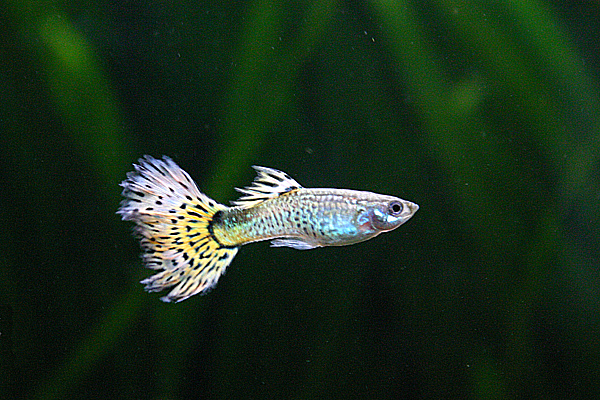
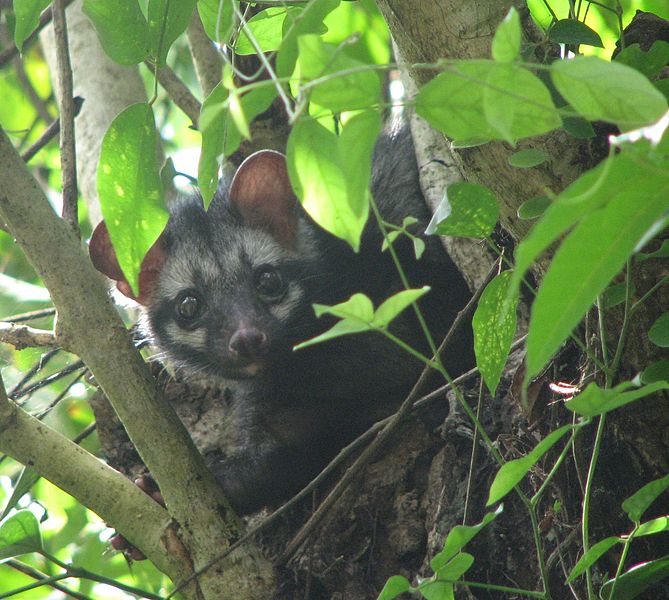
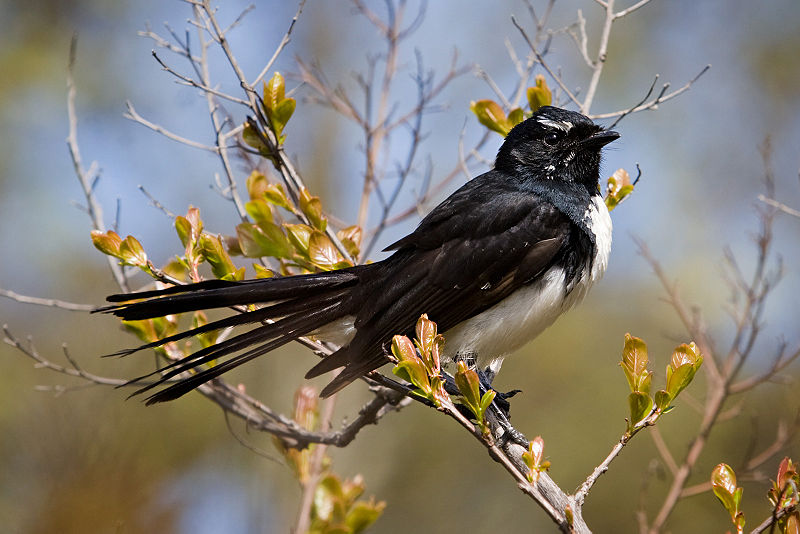
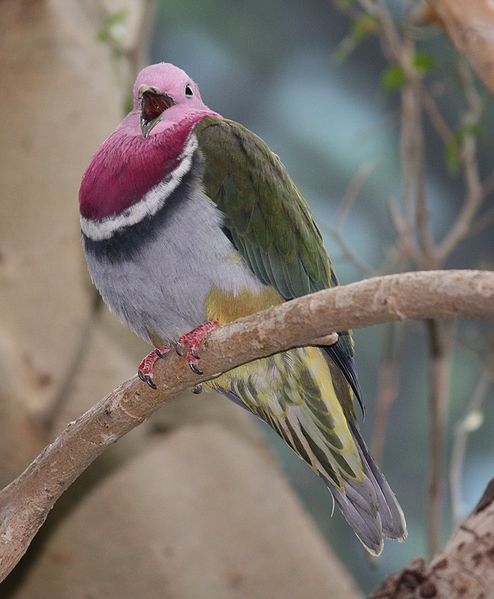
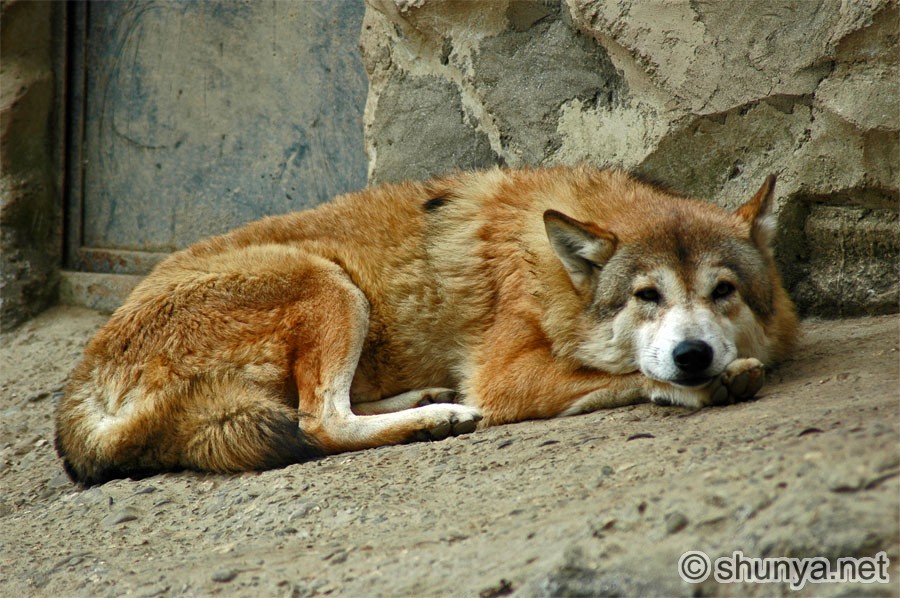
He’s gorgeous. I totally agree with you that the population of the lynx and rabbit go hand in hand. The year we see lots of lynx is the year that the rabbit population decreases significantly. Obviously a good food source for the lynx.
Good job!
It is a very interesting predator/prey relationship. You will also notice that a couple years after that decrease in snowshoe hare there will be a decrease in lynx population. It makes the world go round for these two species!